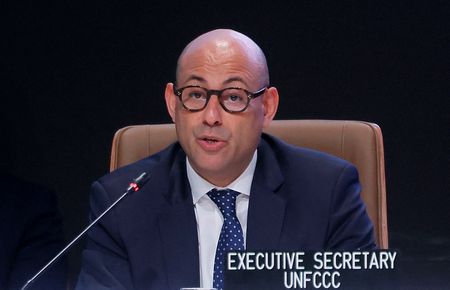LONDON (Reuters) -Zealand Pharma is considering a direct-to-patient sales model for the experimental weight-loss drug it is developing with Roche alongside traditional insurer channels, its CEO told Reuters on Monday.
The company is expecting results from its mid-stage clinical trial of the drug, petrelintide, in the first half of 2026, and plans to begin a late-stage trial in the second half. It announced an up to $5.3 billion deal with Roche to co-develop the drug in March.
In an interview, Zealand CEO Adam Steensberg said the company is mulling a direct-to-consumer strategy from the outset because of how the market has evolved since Novo Nordisk and Eli Lilly launched their GLP-1 therapies from 2021 onwards.
After encountering patient access hurdles and struggling to secure broad insurance coverage in the U.S., both drugmakers later launched direct-to-consumer online platforms. “We expect this (direct-to-consumer) market will continue to grow,” Steensberg said.
Zealand’s experimental drug is based on a different hormone, amylin, which has shown in early clinical trials to cause less severe and frequent gastrointestinal side effects than the GLP-1 injections.
Obesity drugs lend themselves to chronic therapy and consumer-style engagement, much like buying a product you use long-term, Steensberg said.
He said the model still requires a prescription, so it is not over-the-counter, but would be delivered via telehealth or virtual clinics, as is the case currently with Novo’s Wegovy injection and Lilly’s Zepbound.
(Reporting by Maggie Fick; Editing by Jan Harvey)









